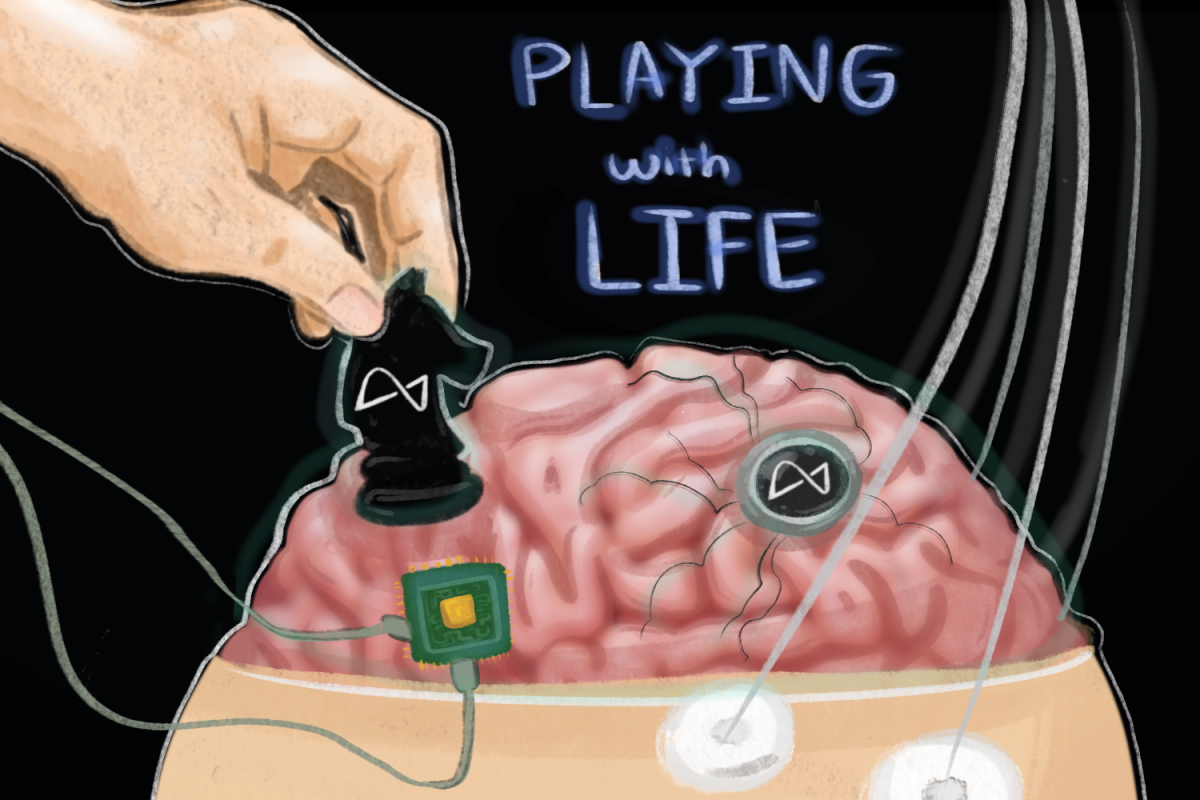Read this.
Are you still reading?
Is this even relevant to you?
Let’s be honest. Teenagers just don’t care, and it’s astonishing for students to bother reading beyond the news headline.
Though newspapers have been an abiding tradition dating back to the early 18th century, the fact of the matter remains plain and simple: popularity of the classic newspaper is decreasing, and our generation is partly to blame.
For starters, consider the technology society has developed in the modern world—consider cell phones, tablets, ebooks, and every other digital distraction we have created to contribute to our growing distaste for the old-fashioned.
“I have an unhealthy relationship with my phone–I’m addicted to it. Instagram, puzzles and dragons…my phone is my best friend,” said senior Ethan Wallace.
When students were asked what their decision would be if faced between a digital version of the newspaper and an actual copy of the same paper, more than half of the students said they would prefer to go digital.
“Well, I wouldn’t want to be looking at a screen all day, so a physical copy of the paper would be nice. But in the long run, I can see why digital copies of the newspaper would be more environmentally friendly,” former Carlmont student, Ryan Hutson, said.
According to StateOfTheMedia.org, studies have shown that print newspaper revenues have been falling since 2005, while popularity of online news seems to be growing.
Further research has shown that the people’s main news sources are television, the Internet, and the radio, with print news coming in last. Only about 9 percent of the news we acquire comes from newspapers.
Yet apart from the issue of technology vs. tradition, time spent on social networking sites is a factor that needs to be taken into account—especially when dealing with teenage students.
The majority of Carlmont students own a Facebook account, and in addition to this, a large number of Facebook users can also be found on alternative social networking sites such as Twitter and Tumblr. After all, Facebook has gained a reputation of becoming a thing of the past. And we shan’t forget how much teenagers despise all things old-fashioned.
Now the question at hand is, what do social networking sites do for us and why are they so important? One, these sites serve as alternate methods of retrieving the latest news, whether or not people choose to care. Most users will play the “convenience card” and claim that being connected to hundreds of people through one account makes it easier to communicate.
Sure, those are both valid reasons, but again, let’s be honest. We are a generation of gossipers, and though few will admit to it, we know that the main purpose social networking sites is to enable us to “stalk” one another.
“What do 15-year-olds care about? They care about what all the other 15-year-olds are doing,” Mark Bauerlein said. Bauerlein is an English professor at Emory University and the author of the book “The Dumbest Generation.”
In that perspective, it is easy to see why students pay no attention to the news when it does not directly involve them or someone they know.
But of course, why should they care about civil rights legislations being passed and a revolution stirring in a faraway country they know nothing about? Clearly the scores they received on their latest AP Biology exam and the return of the Starbucks pumpkin spice latte is more worthy of acknowledgement.
Luckily, that is exactly what school newspapers are for. School newspapers are run by the students, for the students, and yet too many Carlmont students are still unable to state the name of their school paper (it’s “The Highlander,” by the way).
“I don’t really read the school newspaper, even though I know I should. I just don’t have time for it,” Wallace said.
So, despite efforts from Carlmont journalists, we just don’t seem to care, do we?
Upon publication of the November issue of “The Highlander,” AP Government teacher Karen Ramroth made attempts to distribute issues to her fourth period class.
“Does anybody want a copy of the newspaper?” Ramroth said, holding up a stack of 40 papers. No hands were raised.
“Wow, thanks, guys,” senior and staff writer John Russell said in response.
When asked his opinion on why Carlmont students tend not to give their attention to the school paper, senior Kevin Liu said, “The articles that you guys have are good, and they’re definitely more relevant to students than a general newspaper is. But still, I feel like some people are just not interested in what happens at school. They feel isolated from the school, and for them, that’s okay. I guess what I’m saying is: low school spirit.”
How then, in this society, can we expect newspapers to prosper and educate the younger generation when “news” itself fails to capture our attention?
And how can we expect journalists and news corporations to cater to teenage interests when they know so well that they will never reach us?
How would Carlmont journalism students feel, laboring over a feature for several hours—a feature only 1 in 100 Carlmont students is going to read?
Here’s my advice. Pick up the newspaper and read it. Lest you succumb to the flaws of the “dumbest” generation.








